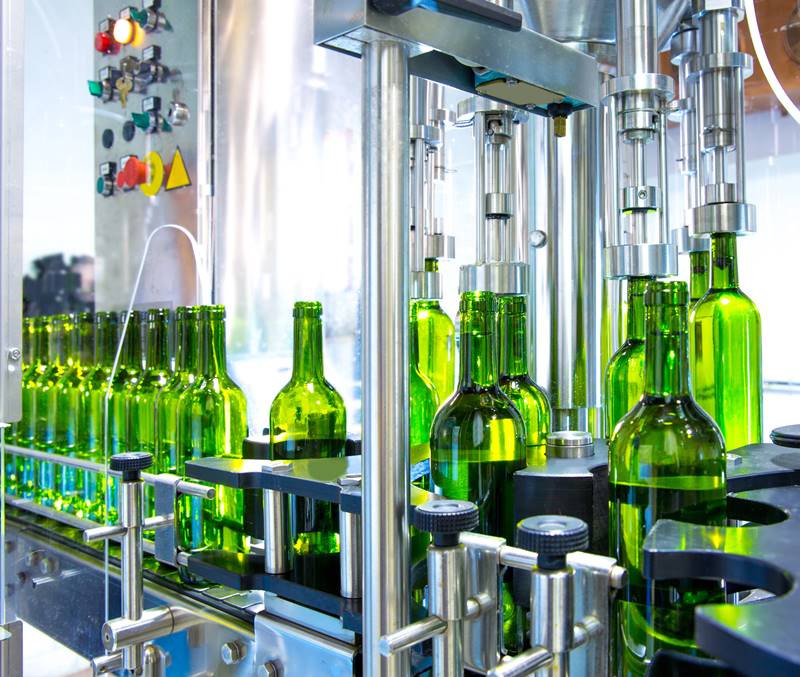EU Unveils Supply Chain Watchdog
EU Takes Aim at Food Price Transparency with New Observatory
2024-07-17

The European Union (EU) has officially launched its observatory on the agri-food chain, a strategic move by the European Commission (EC) aimed at addressing recent farmer protests. This initiative is designed to enhance transparency regarding prices and cost structures within the agri-food sector.
The inaugural meeting of the observatory took place on Wednesday, July 17. The EC outlined that the primary goal of this initiative is to foster a deeper understanding of the supply chain's operations and to introduce greater transparency in areas such as pricing, cost structures, and the distribution of margins and added value, all while adhering to confidentiality and competition rules. The observatory includes representatives from the national authorities of the EU's 27 member states and 48 stakeholder organizations involved in the agri-food supply chain. These stakeholders range from farmers, input suppliers, and the food industry to traders, transport and logistics providers, retailers, and consumers. Additionally, the European Parliament, the European Committee of the Regions, and the European Economic and Social Committee have observer status.
The European Commission emphasized that the observatory's core functions are to facilitate information exchange and to assess the state of the food supply chain. In the medium term, it aims to develop methodologies to evaluate and monitor cost structures and the distribution of margins and added value throughout the chain.
During the inaugural meeting, an initial mapping of available data on prices, costs, and added value was presented. Members also exchanged views on the current state of the agri-food supply chain both within the EU and in their respective countries. The creation of the observatory was announced in March, and its second meeting is scheduled for the autumn, as reported by Brussels.
European Commissioner for Agriculture Janusz Wojciechowski noted that European farmers have raised numerous concerns in recent months, with a predominant issue being the perception that the current food supply chain does not adequately reward their efforts. This perceived lack of fairness is precisely what the European Commission aims to address through the establishment of the observatory.
The EU's initiative comes against a backdrop of increasing dissatisfaction among farmers, who feel that their labor is not fairly compensated within the existing system. By establishing the observatory, the EU hopes to provide a platform for greater transparency and understanding of the agri-food supply chain, which could lead to a more equitable distribution of the value generated throughout the chain.
The observatory is seen as a crucial step towards restoring trust among farmers and ensuring that the agri-food supply chain operates more fairly. It also aligns with broader EU objectives of sustainability and economic fairness, aiming to balance the interests of all stakeholders involved. The data and insights gathered by the observatory will be critical in shaping future policies and interventions to support the agri-food sector and enhance its resilience.
As the observatory continues its work, it is expected to play a significant role in shaping the future of the EU's agri-food policies. By providing clear and accessible information on pricing and cost structures, the observatory aims to empower all stakeholders, from farmers to consumers, ensuring that each link in the supply chain is transparent and fair. The upcoming meetings and the ongoing work of the observatory will be closely watched by all involved, as they hold the potential to bring about substantial improvements in the agri-food sector's operations and fairness.
Founded in 2007, Vinetur® is a registered trademark of VGSC S.L. with a long history in the wine industry.
VGSC, S.L. with VAT number B70255591 is a spanish company legally registered in the Commercial Register of the city of Santiago de Compostela, with registration number: Bulletin 181, Reference 356049 in Volume 13, Page 107, Section 6, Sheet 45028, Entry 2.
Email: [email protected]
Headquarters and offices located in Vilagarcia de Arousa, Spain.